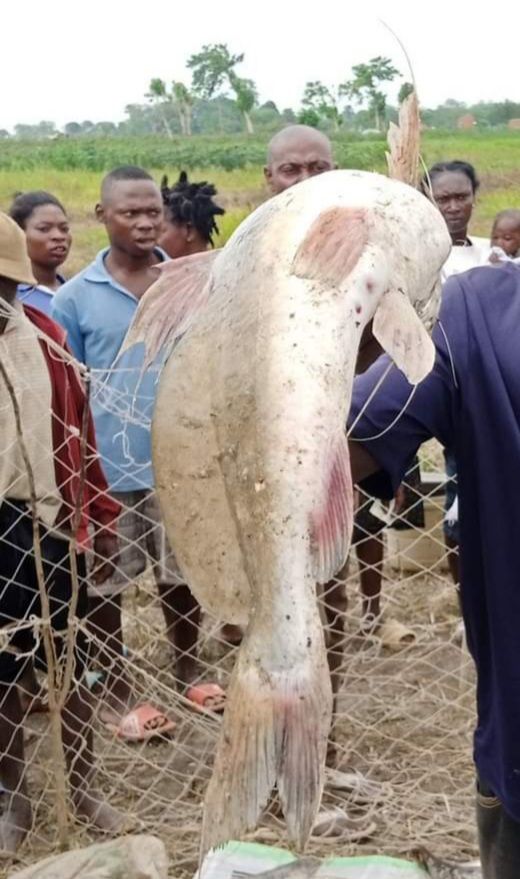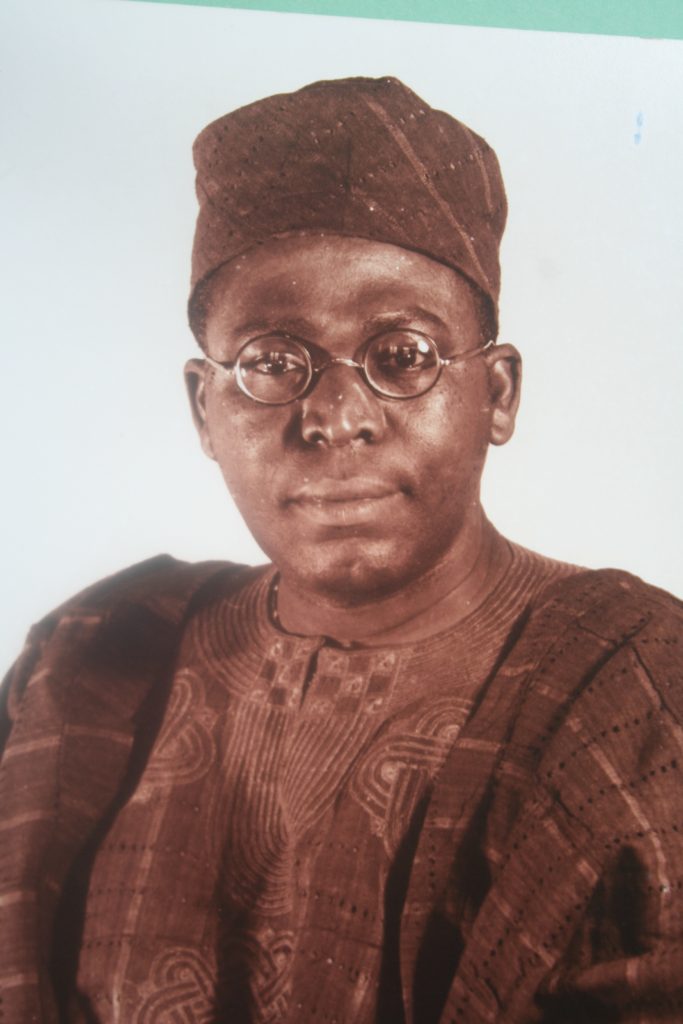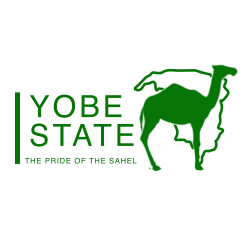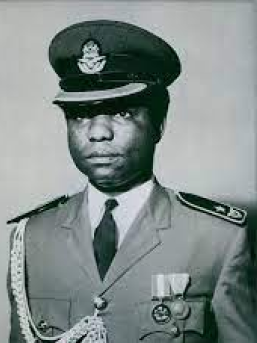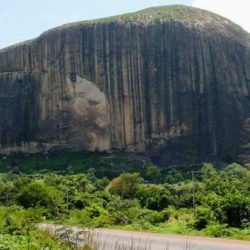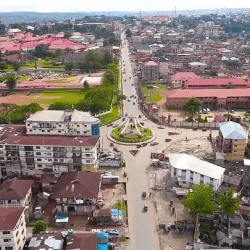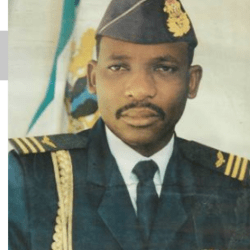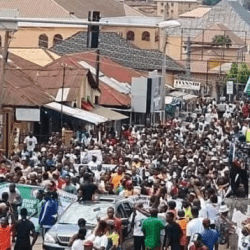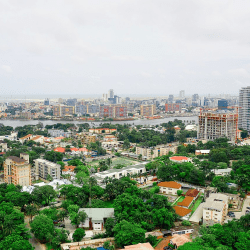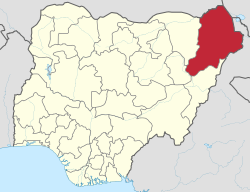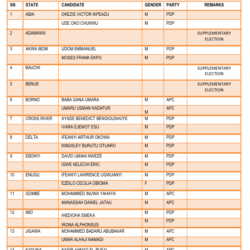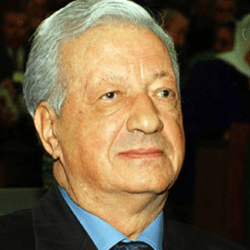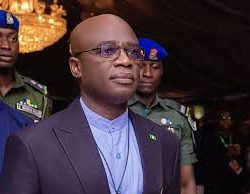The previous Governors of Benue State are:
- Abdullahi Shelleng (Governor – Military): March 1976 – July 1978
- Adebayo Lawal (Governor – Military): July 1978 – October 1979
- Aper Aku (Governor – Civilian (National Party of Nigeria)): October 1979 – December 1983
- John Atom Kpera (Governor – Military): January 1984 – August 1985
- Jonah David Jang (Governor – Military): August 1985 – August 1986
- Yohanna Madaki (Governor – Military): August 1986 – September 1986
- Ishaya Bakut (Governor – Military): September 1986 – December 1987
- Idris Garba (Governor – Military): December 1987 – July 1988
- Fidelis Makka (Governor – Military): July 1988 – January 1992
- Moses Adasu (Governor – Civilian (Social Democratic Party)): January 1992 – November 1993
- Joshua O. Obademi (Administrator – Military): December 1993 – August 1996
- Aminu Isa Kontagora (Administrator – Military): August 1996 – August 1998
- Dominic Oneya (Administrator – Military): August 1998 – May 1999
- George Akume (Governor – Civilian (People’s Democratic Party)): May 1999 – May 2007
- Gabriel Suswam (Governor – Civilian (People’s Democratic Party)): May 2007 – May 2015
- Samuel Ortom (Governor – Civilian (All Progressive Congress/People’s Democratic Party): May 2015- May 2023
Benue State
Benue is a state in Nigeria. It takes its name from Its major river: River Benue. The state is one the six states that make up Nigeria’s North-Central geopolitical zone along with the Federal Capital Territory.
It is located in the Middle Belt region of Nigeria and shares an international boundary with the Republic of Cameroon to the Southeast and interstate boundaries with Nasarawa State to the North, Taraba State to the East, Enugu, Ebonyi and Cross River States to the South, and Kogi State to the West.
Creation: February 3, 1976.
Capital: Makurdi.
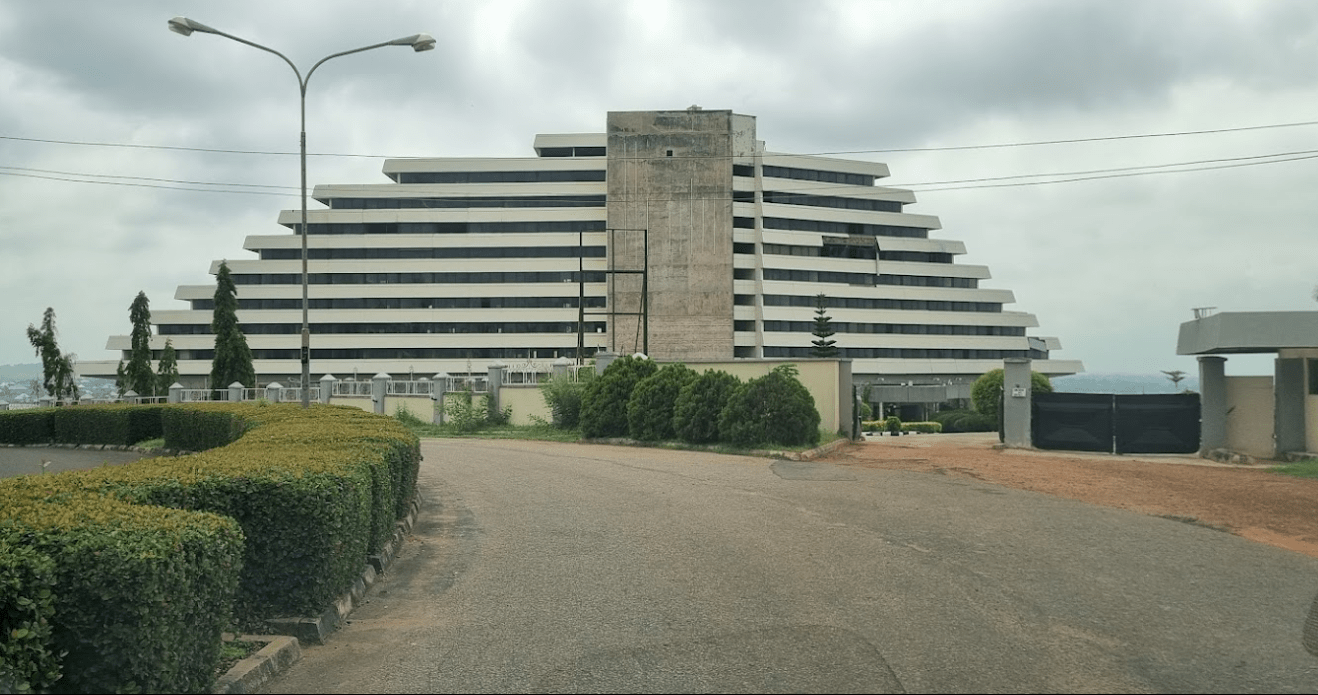
Major Cities: Makurdi, Gboko Otukpo, Katsina-Ala, Zaki-Biam, Ukum and Adikpo.
Local Government Areas (LGAs): Ado, Agatu, Apa, Buruku, Gboko, Guma, Gwer East, Gwer West, Katsina-Ala,Konshisha, Kwande, Logo,Makurdi, Obi, Ogbadibo, Ohimini, Oju, Okpokwu, Otukpo, Tarka, Ukum, Ushongo, Vandeikya
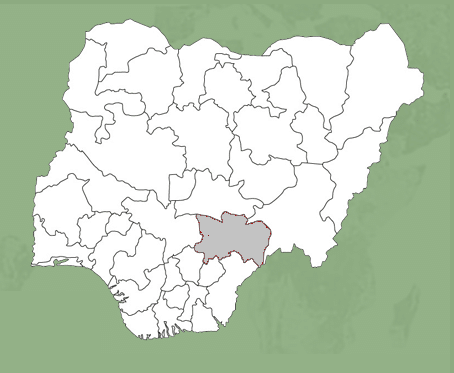
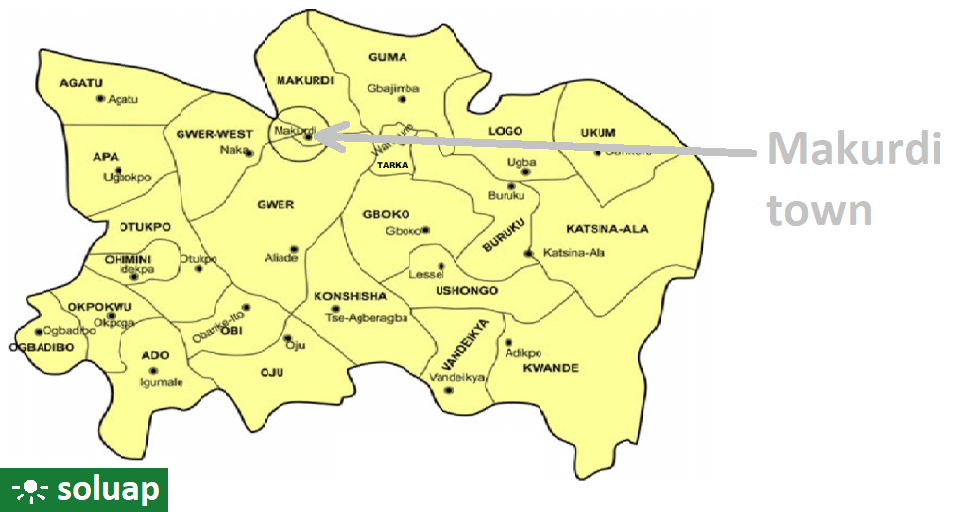
Ethnic Profile: Tiv, Idoma, Igede, Etulo, Abakwa, Jukun, Hausa, Akweya and Nyifon.
The Tiv are the dominant ethnic group, occupying fourteen (14) local government areas, while the Idoma and Igede occupy the remaining nine local government areas.
Economic Profile: Its major agricultural produce include yam, rice, beans, cassava, potatoes, maize, soya beans, sorghum, millet and cocoyam. The state also accounts for over 70% of Nigeria’s soya beans production.

Geographic Location: Its geographic coordinates are longitude 7° 47’ and 10° 0’ East. Latitude 6° 25’ and 8° 8’ north; and shares boundaries with five other states namely: Nasarawa to the north, Taraba to the east, Cross-River to the south, Enugu to the south-west and Kogi to the west. The State also shares a common boundary with the Republic of Cameroun on the south-east.
Landmass: 34,058.3 sq km (13,150 sq mi) – 12th of 27
Benue State covers an area of 34,058.3 square kilometres. It lies at latitude 5°25’ North and longitude 7°30’ East.
Benue gets its name from the Benue River which flows through Makurdi, the state’s capital. The state was originally part of the Northern Region in the three-region structure of 1954. With the creation of twelve federal states by General Yakubu Gowon’s military government in 1967, Benue-Plateau State was established. In 1976 the military government of General Murtala Muhammed created nineteen states out of the existing twelve and Benue-Plateau State was split into Benue and Plateau States.
The Road-Railway Bridge (also known as the Old Bridge) in Makurdi was the first bridge that linked the north and south of Nigeria. It was built in 1932.
PEOPLE
There are several ethnic groups in Benue State: the largest are the Tiv, Idoma, and Igede people.

The main religion in the state is Christianity. Traditional religions are also practiced by some of its inhabitants.
MAJOR TOWNS AND CITIES
Makurdi (capital), Gboko, Otukpo, Katsina-Ala, Zaki Biam, Vandeikya, Obi, Okpokwu, and Otukpa.
ECONOMY
The northern parts of Benue State are grass savannah while there is woodland savannah in the south. Agriculture is very important in the state. The state is referred to as the nation’s “food basket” because of its rich and diverse agricultural produce, which include yam, rice, beans, cassava, potato, maize, soya beans, sorghum, millet and coco-yam.
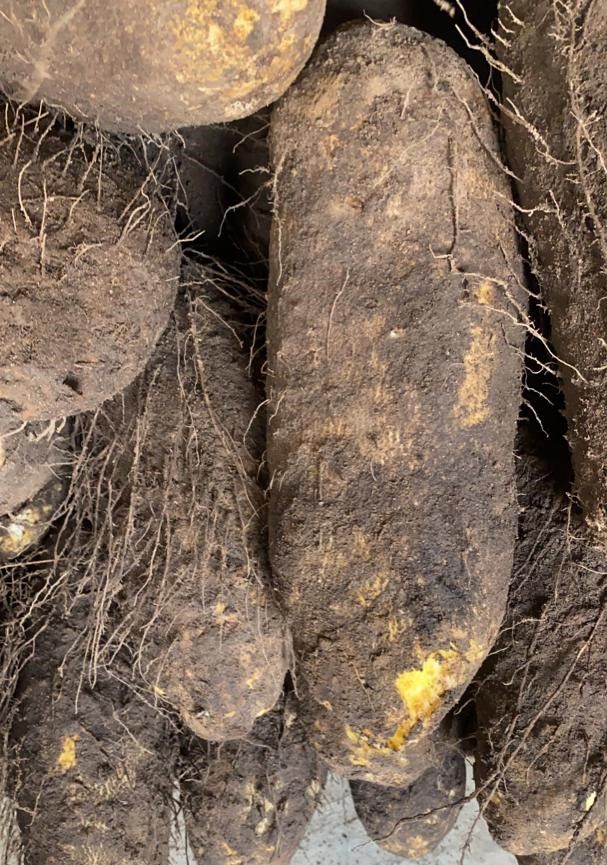
Benue state accounts for over 70 percent of Nigeria’s soya bean production. Fishing in inland waterways and animal husbandry are other significant commercial activities.
The major minerals found in the state include limestone, gypsum, kaolin, lead, zinc, anhydride, coal, calcite, gemstones and magnetite. Breweries and cement manufacturing are its major industries.
EDUCATION
The tertiary institutions in the state are Federal University of Agriculture, Makurdi; Benue State University, Makurdi; University of Mkar, Mkar; College of Education, Katsina-Ala; College of Education, Akperan; Federal Technical School, Otukpo; School of Nursing and Midwifery, Makurdi; Akawe Torkula Polytechnic, Makurdi and Benue State Polytechnic, Ugbokolo.
The Ikyogen hills consists of hills, a waterfall and cattle grazing areas.
CULTURE
The people of Benue State celebrate a number of festivals at different times of the year. The people of Agila and other neighbouring communities in Ado Local Government Area celebrate the Ujor festival in September to commemorate their triumphs in wars.
In 2019, Kwagh-hir received the United Nations Educational, Scientific and Cultural Organisation (UNESCO), Certificate of Inscription which placed it on UNESCO’s list of Intangible Cultural Heritage of Humanity.
The festival is a drama performance among the Tiv in which puppets are used.
The festival takes place during the dry season between April and December dramatizes economic and social conflicts as well as traditional, historical and contemporary issues among the Tiv.
The Akata fishing festival is a symbolic cultural event for inhabitants of Akata in Katsina-Ala local government area. The annual festival brings together Tiv, Jukun and Etulo fishermen to compete for prizes.
Big fish caught in Katsina-Ala River in Benue State
